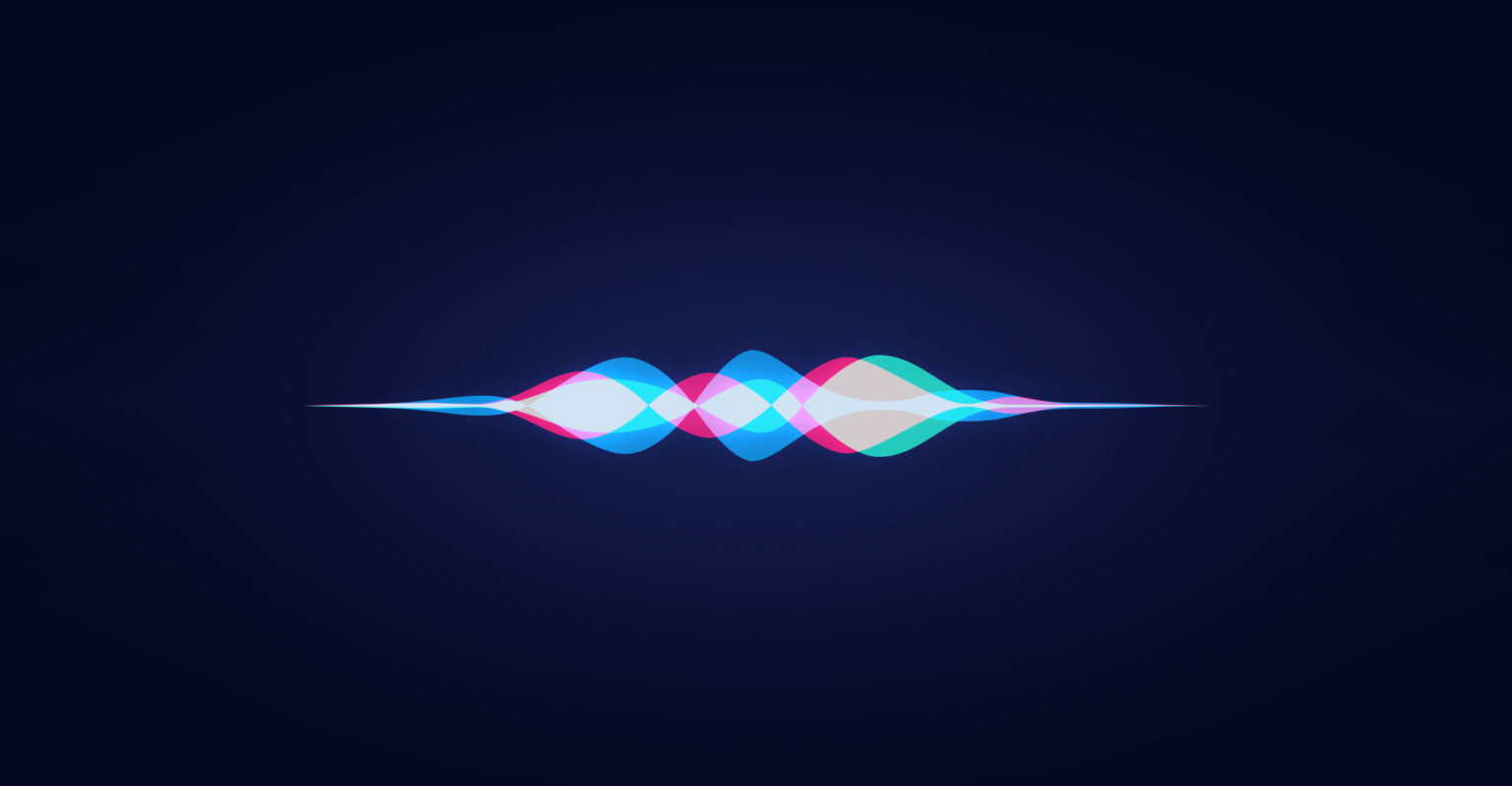Tech
Apple Enlists OpenAI to Supercharge iPhone AI

In a remarkable twist of fate, Apple has turned to OpenAI, led by Sam Altman, to help it stay competitive in the rapidly evolving world of artificial intelligence. Sixteen years ago, Altman, then a 23-year-old entrepreneur, excitedly took the stage at Apple’s annual developer conference to promote his app, Loopt. Today, as the CEO of OpenAI, Altman is once again in the spotlight, this time partnering with Apple to integrate OpenAI’s ChatGPT into the iPhone’s operating system.
A New Era in AI Integration
This partnership represents a significant shift for Apple, which has long prided itself on its proprietary technology. By integrating ChatGPT, Apple gains access to one of the most advanced AI chatbots on the market, while OpenAI benefits from exposure to Apple’s massive user base. This collaboration is set to be a key highlight at Apple’s Worldwide Developers Conference next week, signaling the company’s commitment to advancing its AI capabilities.
The Stakes for Apple
For Apple, the stakes are high. The tech giant has faced stagnant growth, with revenue declining in five of the past six quarters. The WWDC keynote, delivered by CEO Tim Cook, will need to reassure consumers, developers, and investors that Apple can thrive in the AI era. The company has been quietly working on AI enhancements, but its efforts have lagged behind competitors like Google and Amazon.
Dag Kittlaus, a tech veteran who co-founded and ran the Siri business before it was acquired by Apple, sees the OpenAI partnership as a short- to medium-term solution. “You can bet that they will be working hard building out their own competencies here,” he said.
Embracing AI While Managing Risks
Apple’s collaboration with OpenAI allows it to quickly integrate advanced chatbot capabilities while managing potential risks associated with AI technology, such as inaccuracies and reputational damage. This strategic move also distances Apple from some of the controversies surrounding OpenAI, including Altman’s brief ousting last year and recent disputes over AI-generated content.
The specifics of the deal remain undisclosed, but integrating ChatGPT into iOS is expected to be a major focus of the conference. Apple is also in talks with Google about using its Gemini chatbot, but the agreement with OpenAI offers more favorable terms and the belief that OpenAI’s technology is currently the best on the market.
Addressing Privacy Concerns
The integration of ChatGPT into iOS raises potential privacy concerns, as the level of integration might grant OpenAI access to personal information. However, Apple plans to offer these new AI features as an opt-in service, allowing users to decide whether to use them.
Beyond chatbots, Apple is exploring other AI applications. Teams within the company’s AI and software engineering divisions have been developing a competitor to ChatGPT under the framework dubbed Ajax. Apple’s AI is already powering features like voice memo transcriptions and photo editing, with plans to enhance search capabilities in Safari and auto replies in Messages.
The Future of Siri and AI at Apple
This partnership might be a temporary solution, but it signals a renewed commitment to AI at Apple. The integration of advanced AI could finally allow Siri to fulfill its potential, a vision that dates back to the era of Steve Jobs. Apple is also looking beyond chatbots, aiming to use large language models to power innovative devices like a robotic arm with a display and a mobile robot capable of performing tasks.
As Apple continues to innovate and expand its AI capabilities, it seeks to reaffirm its place as a leader in the tech world and adapt to the rapidly evolving landscape of artificial intelligence. The collaboration with OpenAI is a crucial step in this journey, one that could reshape the future of AI on Apple’s devices and beyond.















